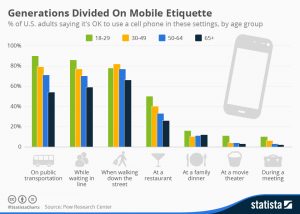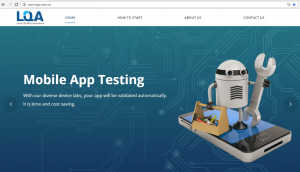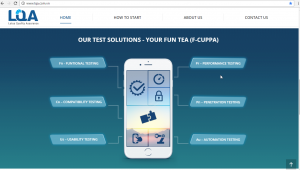Mobile application testing-Mobile testing tutorial 2
Mobile application testing is 1 type of mobile testing. For more information, refer Mobile testing in series of Mobile testing tutorial
1. Mobile application categories
For mobile applications, it can be classified into three categories:
・Type 1: Native apps – apps written specifically for a platform like iOS, Android, or Windows Phone in their respective languages.
・Type 2: Web application (Web App) – web-based application, mobile device users will use different browsers such as Chrome, Firefox, Safari to access the web server to use, such as m.facebook.com.
・Type 3: Hybrid App – a combination of native application and web application, can be run both offline and online and often uses web-making techniques such as HTML5, CSS.
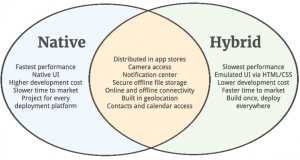
In view of this
・ Native applications can only run on a certain operating system while mobile web applications can run on all mobile browsers that support HTML and Javascript.
・The native application is written in platforms like the SDK while the mobile web application is written with web technologies like HTML, CSS, ASP.NET, JAVA, and PHP.
・ For a native application, it is necessary to install but with mobile web applications, there is no need to install.
・ The original application can be updated from the app store while the mobile web application is updated centrally.
・ The original application may work without an Internet connection, but for mobile web applications, an Internet connection is always required.
・ Native apps work faster when compared to mobile web apps.
2. Some special test cases for testing mobile applications:
・Battery consumption: It is important to track the battery drain when running applications on mobile devices.
・Application running speed: Track time response time on different devices with different memory capacities, different network speeds …
・Memory requirement: When downloading and installing an app, running the app ..
・Application’s function checking: To ensure the application does not crash when losing network connectivity or other external impacts.
3. Some automated testing tools for mobile applications
3.1. IOS has popular automatic testing tools like:

FoneMonkey application testing tool

Frank application testing tool

QTP application testing tool
3.2. Android operating system has some automated testing tools such as:
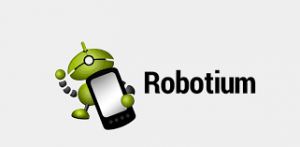
Robotium application testing tool

Eggplant application testing tool (No free source)
For more information about testing services, please refer to Testing services
Lotus Quality Assurance (LQA)
Tel: (+84) 24-6660-7474
Email: [email protected]
Website: https://www.lotus-qa.com/

